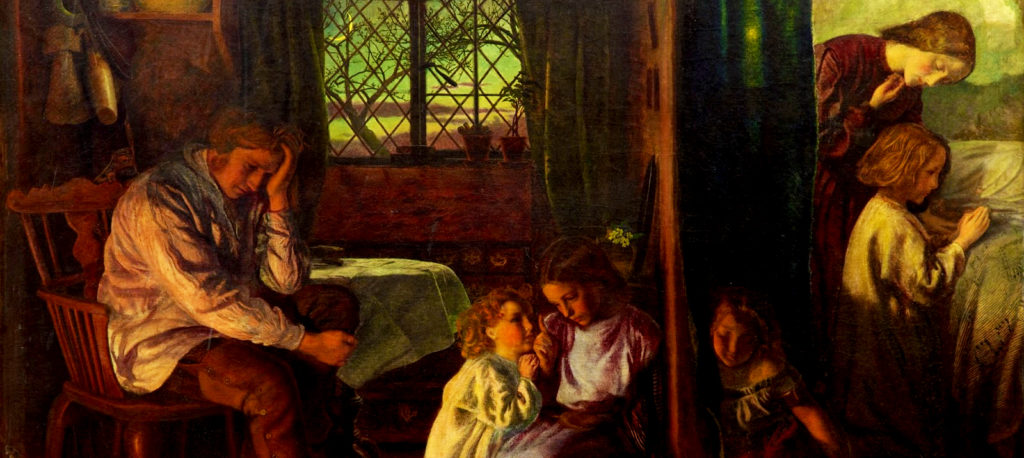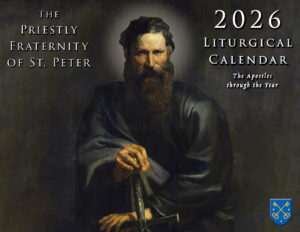Privileged Victims
When certain words get thrown around a lot in the media, it is usually because the common understanding has been somewhat confused, and someone is trying to impose a new meaning on them.
This is what we seem to find happening with the word privilege.
The word finds its origin from the Latin privilegium, its root word being lex, meaning law. Together with the prefix “privi,” privilege would indicate then a law that applies to an individual. A basic example of a privilege would be when older children have later bedtimes than younger ones; in this case, age affects the application of the “law” of bedtime in the home.

Another example would be driving, where a person must not only be of appropriate age and maturity, but also has demonstrated satisfactory knowledge of the rules of the road and a competency to safely operate a vehicle.
These basic examples show that privileges are different from rights. Whereas a right indicates a claim to something based on justice, a privilege indicates a potential qualification to something which may or may not be received: that is, privileges are earned.
Not everyone over sixteen should drive. But anyone over sixteen is expected to work honestly, both in justice to his employer and in compensation for a rightful wage. And while rights and privileges both carry the potential to be lost, privileges generally can be revoked for broader reasons. With these distinctions in mind, qualifications that determine privileges should not be deemed as arbitrary.
In other words, the qualification must fit the privilege.
There are no grounds for letting only the blond-haired children stay up later, regardless of age, and we can expect grumbling from the other children in such a circumstance.
However, while avoiding silly things like that, there is a significant danger when privileges become viewed as rights; something is universalized that should not be. Qualifications are readily manipulated to fit a supposed right based on the popular social narrative.
For instance, if a cause was introduced from some political group that proclaimed driving as a right for everyone, the blind could be stoked to rise up and claim that they have been oppressed since the invention of cars, or even horse-drawn buggies. A myriad of programs would then be introduced to make everyone sensitive to the driving rights of the blind, and new cars developed at great expense for this newly-found and newly-defined right to be realized.
Any person with common sense would be bewildered by this, because driving was always seen as a privilege, and being able to see was one of the many qualifications for it.
However, this is quite different than if a person is denied her legitimate right to a basic education on account of being blind. Again, sensible people would favor the allocation of resources in an effort for this to be corrected. (Similarly, we must also remember that the opposite of a legitimate right cannot be claimed as a right itself, nor a privilege; thus there is no such thing as a “right to an abortion.”)
Only by blurring the important distinction between privilege and right are fists raised and cities burned to throw off some sense of oppression that is readily exploited by other elite forces to upset the social order. Many jump on the bandwagon without realizing the implications, promoting a cause they never would have in calmer times. Suddenly everyone becomes a victim.
How many in the mob called for our Lord to be crucified who would never have done such a thing unless, having lost circumspection, they sadly got caught up in the heat of the moment?
September 14, 2020








